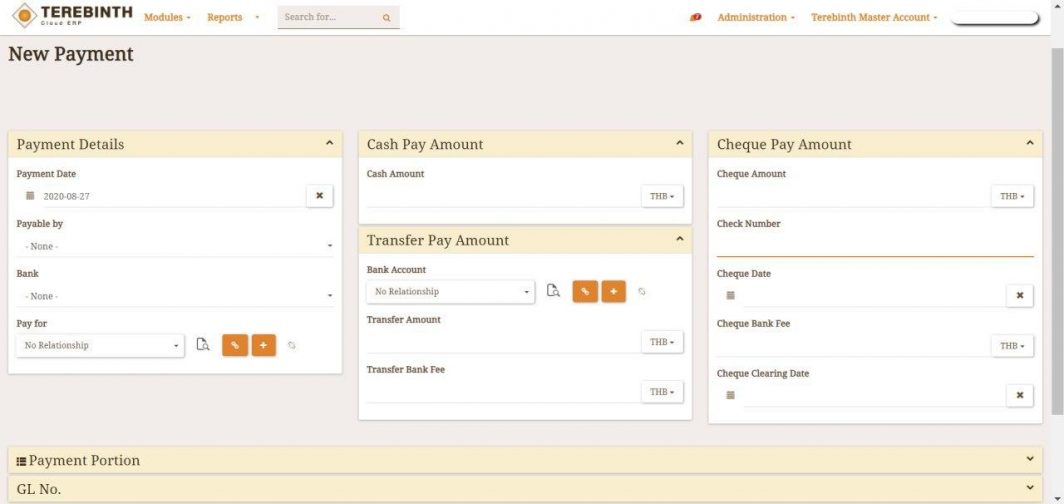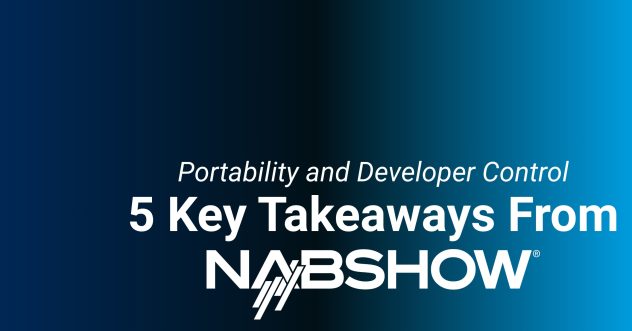Arthit “Art” Hongchintakul learned a lot during his time in America. So much that after completing his postgraduate work at the University of Pennsylvania, he took jobs at software companies and agencies in the States while trying to start his own company. After quickly realizing the U.S. business market already was incredibly saturated—making it infinitely harder to create a company with impact—Art decided to move back home to launch his Thailand-based software development agency Swiftlet.
With Southeast Asia being an emerging market for technology, Art saw an opportunity to add value, foster talent, and create something meaningful. “The Thai have a lot of rising tech talent,” he said. “Swiftlet was founded not to be the best or the biggest software company, but to develop software talent—and bring the country into the future.”
Art acknowledges that Thailand is nearly a decade behind America in terms of technology. “Concepts like tech-driven development or continuous delivery are very rare here,” he said. “We are one of the few who can provide advanced, cutting-edge technology at an affordable level because of our partnership with Linode.”
Finding the right fit
Companies in Thailand don’t just need better architecture; they need better advocacy. With some companies migrating to the cloud for the first time, Swiftlet’s customers rely heavily on the guidance and recommendations Art and his team provide. “We level the playing field so our clients can go up against the big guys.”
As a Linode partner, Swiftlet can provide high-value services to its clients at a fair cost. Art first learned about Linode as a client developer during his time in America. At the time, he only knew about the major cloud players, but with Linode on his radar, he found he could extend services to maximize any client’s budget.

“Linode’s costs were competitive from the start, and even in 2010, I was impressed with the quality and value. Then, in Thailand, I tried different cloud providers and ended up paying nearly four times the price for half the functionality.”
Bringing the cloud to the masses
Using open-source technology, Swiftlet is getting companies in Southeast Asia up to speed rapidly. Its flagship product—a cloud ERP system called Terebinth—digitizes paperwork, accounting, and admin functions for clients whose budgets typically kept this level of enterprise software out of reach. “We came up with a system that’s 75% comparable to the mainstream ERPs and helps our clients run with infinitely more efficiency,” said Art. “We can offer this because we have open source technology.”

Swiftlet’s partnership with Linode evolved from solely using virtual machines to using Linode Kubernetes Engine (LKE) and Linode Block Storage, which are vital to Terebinth.
Although Swiftlet is a multicloud provider, Art always recommends Linode first. “When clients need a VM, I recommend Linode,” he says. “While our clients don’t care where their platform is hosted, they want to know that it works. And we need to be able to provide continuous integration and delivery and great support.”
Continuous integration and continuous delivery are two of Swiftlet’s eight core values. Additionally, the ability to work with the open-source community has enabled Swiftlet to build a technically-skilled team from scratch. “We rely on Linode’s capabilities to service the core of our business,” said Art. “Our clients know what they want, but they don’t know how they’re going to get it. Any time we recommend new technology to them, we’re very cautious. But Linode has always been there for us.”










